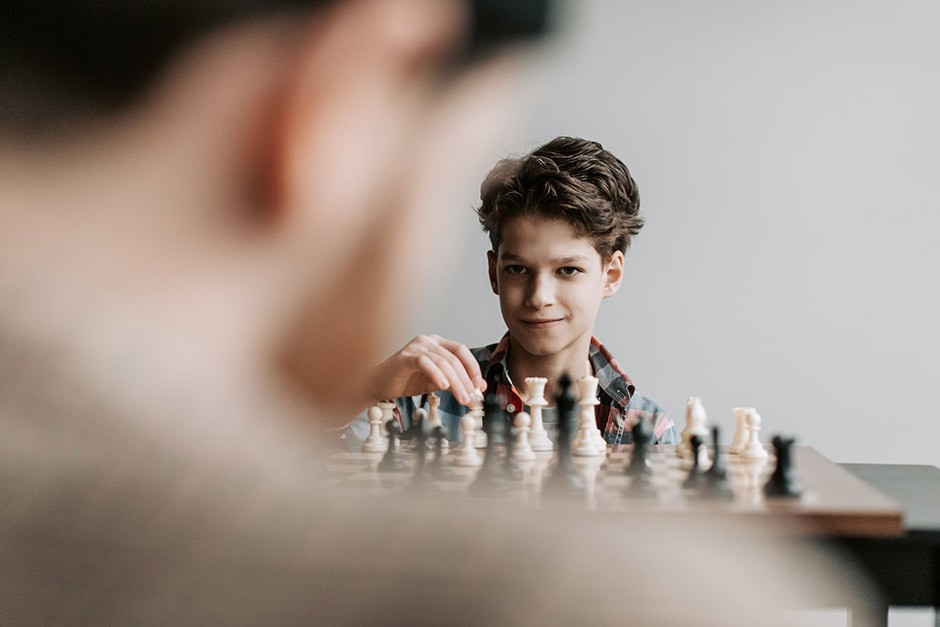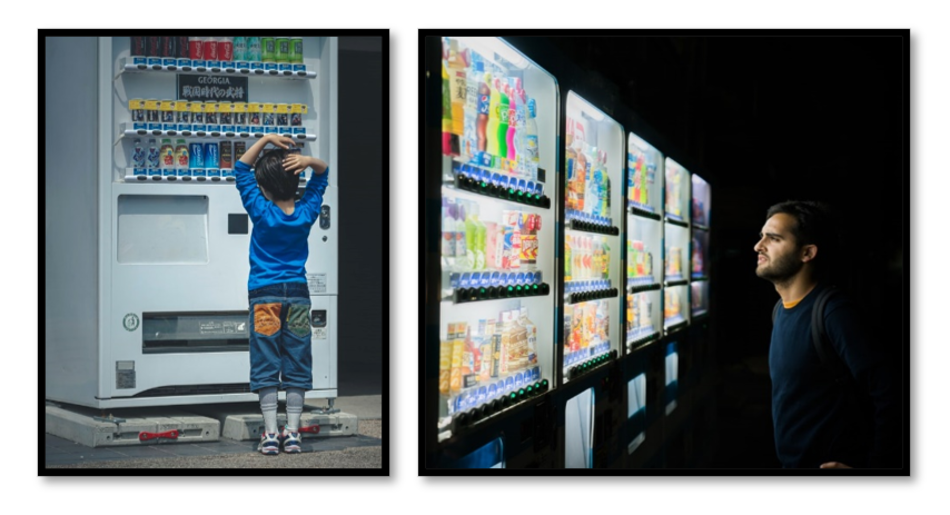Enter learning.
Without any knowledge about the options, you are forced to just pick one at random. But you will quickly learn from the outcome of your choice. What you do with this newly acquired information is what I am interested in.
Let’s say that your beverage choice on Day 1 did make you more alert. Do you stick with the same choice on Day 2 or decide to explore the other options? What about Day 3?
As a decision-making researcher, I study the strategies used by people of various ages when deciding, which happens before they make their choice and based on what they learned over time.
We know that the complexity of decision-making and the ease with which we learn improves as children age but reverses as adults reach their golden years.
Instead of asking people to decide between juice, milk and coffee, I present them with options they have never seen before, with a clear goal: get as many points as you can and at the end of the task, these points will be converted to money.
The children and adults who complete my decision-making task must therefore first learn about the options, choosing somewhat randomly at first, but over time, decide which option to choose based on what they have learned over time.
Choose the most valuable option every time and leave with more money!
To be able to examine learning and therefore decision-making over the course of more than just a few simple choices, the value of the options they are presented with change over time. This forces participants to continuously engage in learning in their decision-making if they want all the money I promised them.
Tricky huh?
By understanding how and why children and older adults rely on simpler strategies than younger adults, I hope that my research can help us to optimize the way we teach children and promote lifelong learning in older adults.
So, when I tell people I study decision-making, I mean I study learning, not choice.


 Credit:
Credit:  Deciding. Credit: Unsplash (
Deciding. Credit: Unsplash (